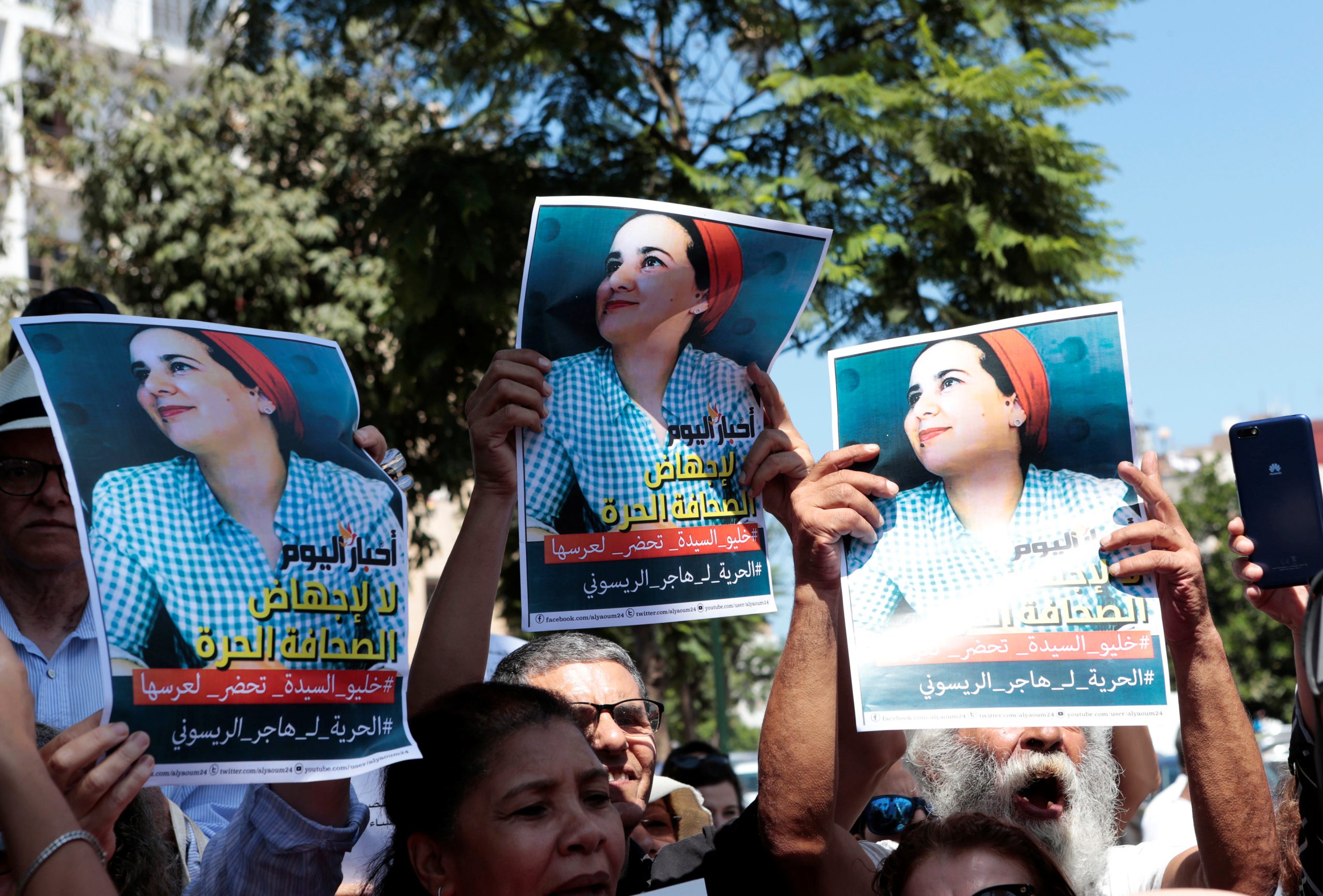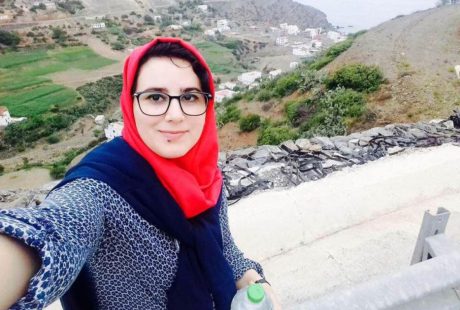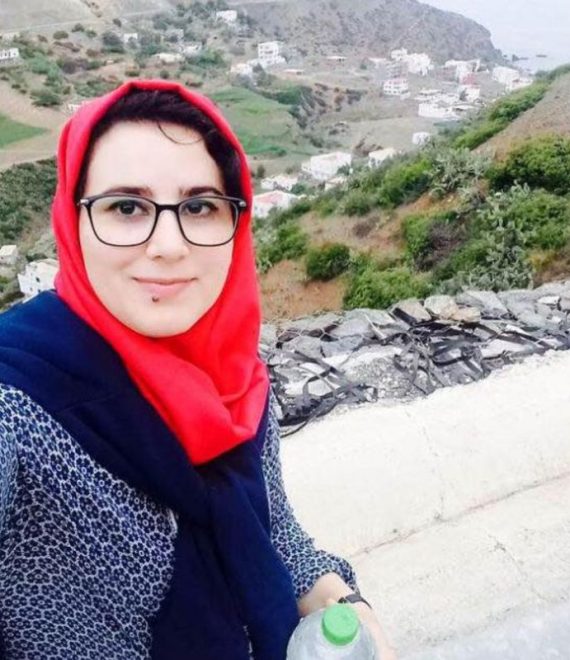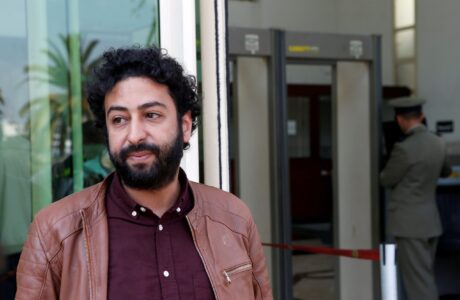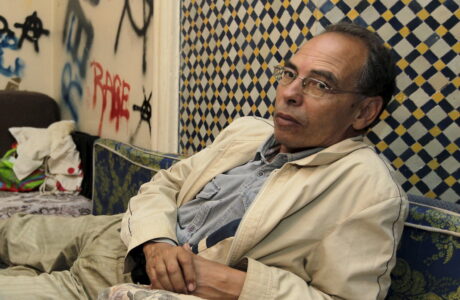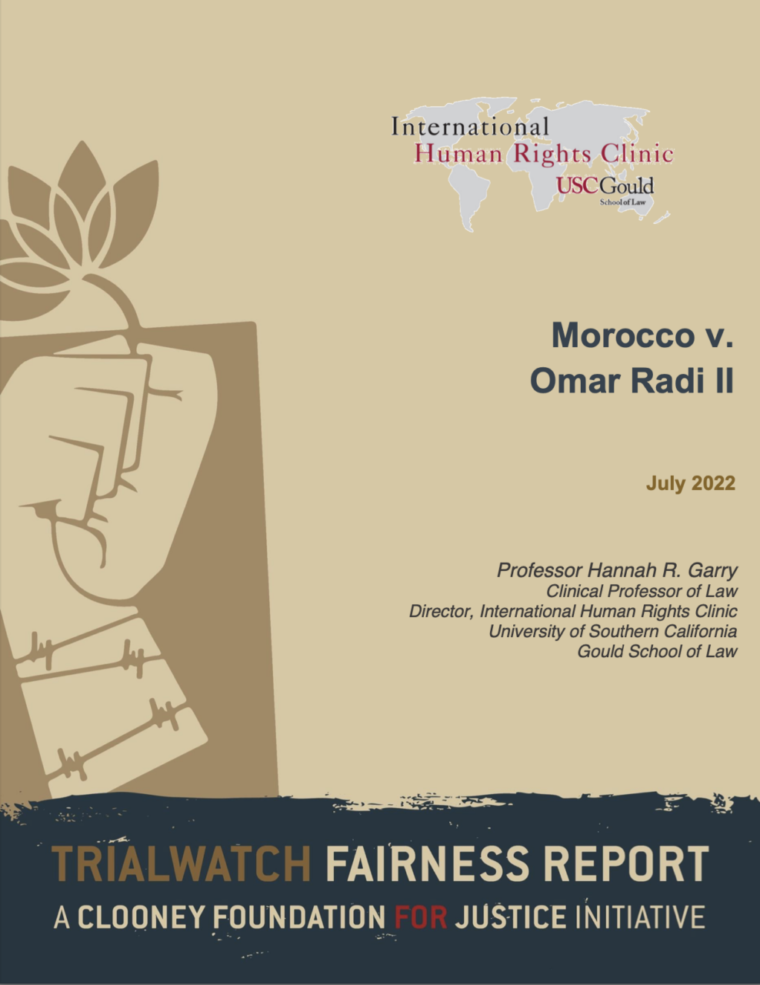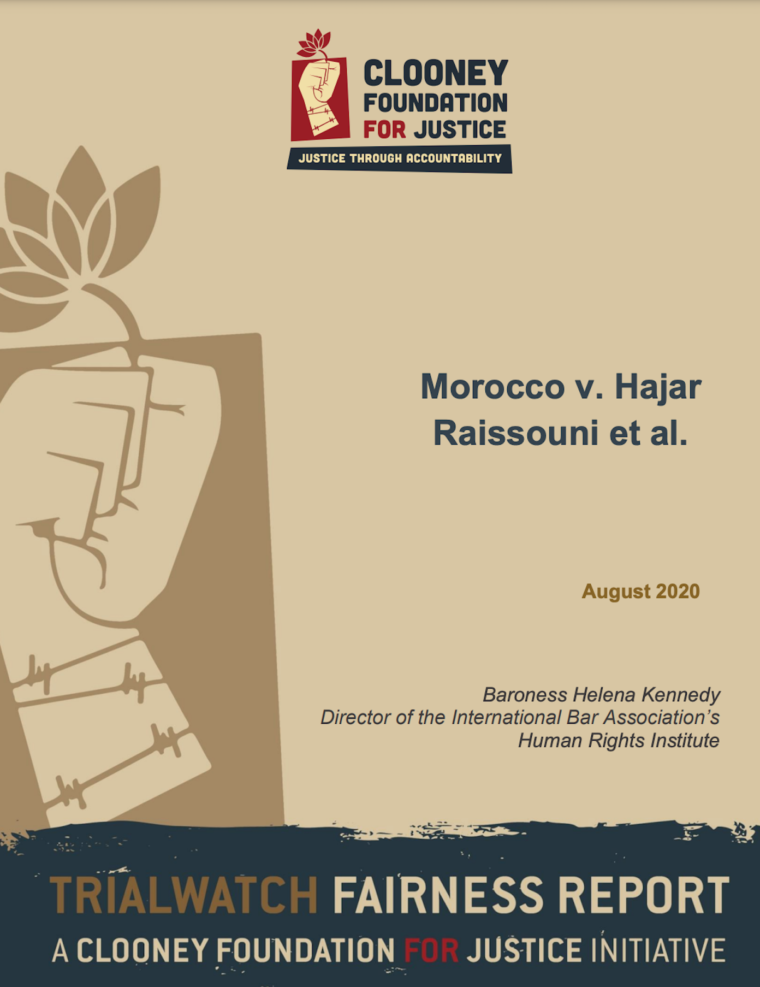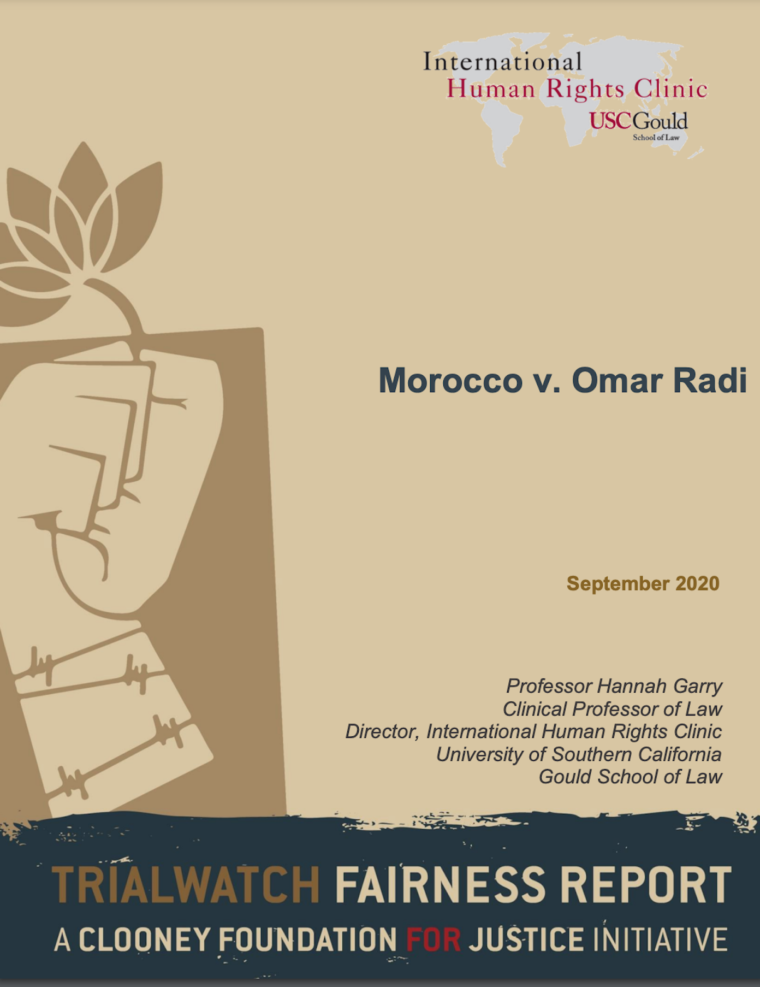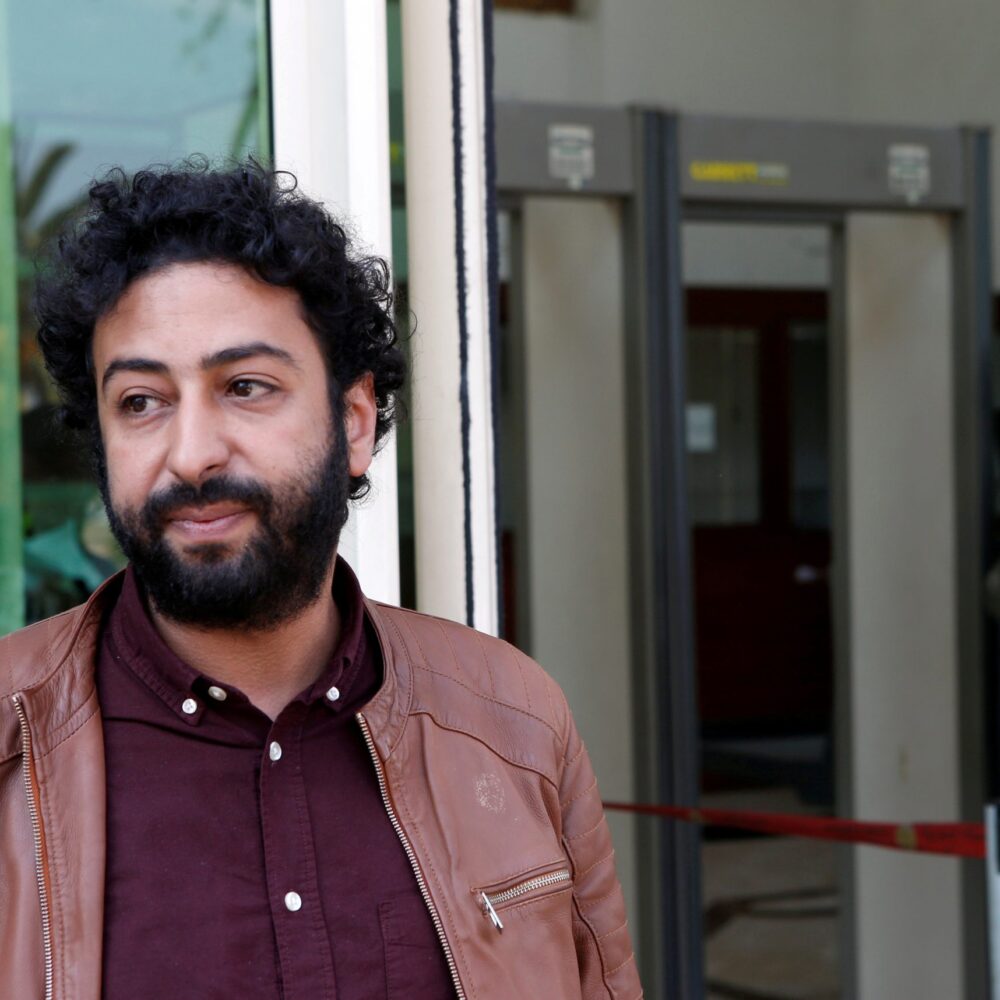
The European Parliament recently expressed concern at recent trials of journalists in Morocco.
TrialWatch has been monitoring several such cases, in which the Moroccan authorities have relied on a wide arsenal of laws, such as money-laundering, espionage, and sex-related offences.
In particular, TrialWatch monitored the trial of journalist Omar Radi on charges of espionage and rape, and financial crimes and continues to advocate for his release.
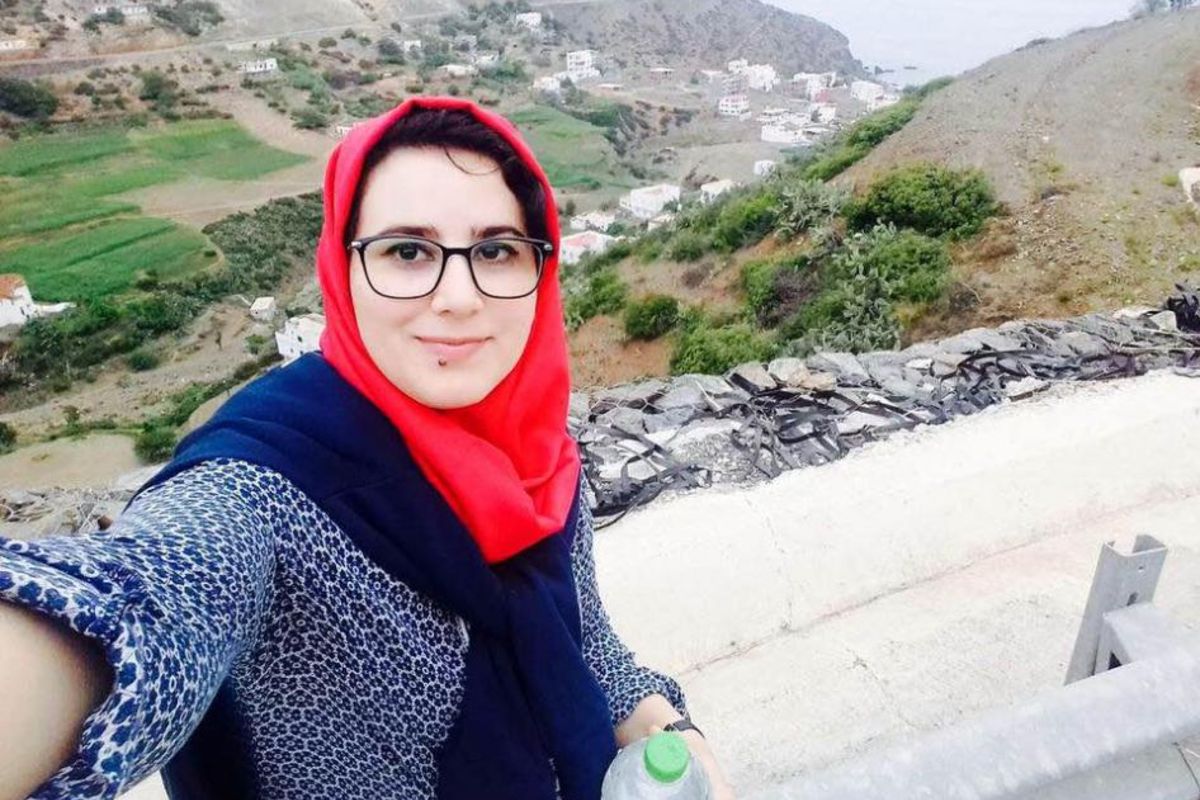
Hajar Raissouni
TrialWatch monitored the trial of Moroccan journalist Hajar Raissouni on charges of sex outside of marriage and abortion and spoke out upon her conviction, and released a report exposing her sham trial. She was then freed and pardoned following the international attention drawn to her case.
Through my experience, I think that TrialWatch is important because it documented all events and exposed human rights violations, and this is important for political detainees who are released from prison with nothing but their dignity.
